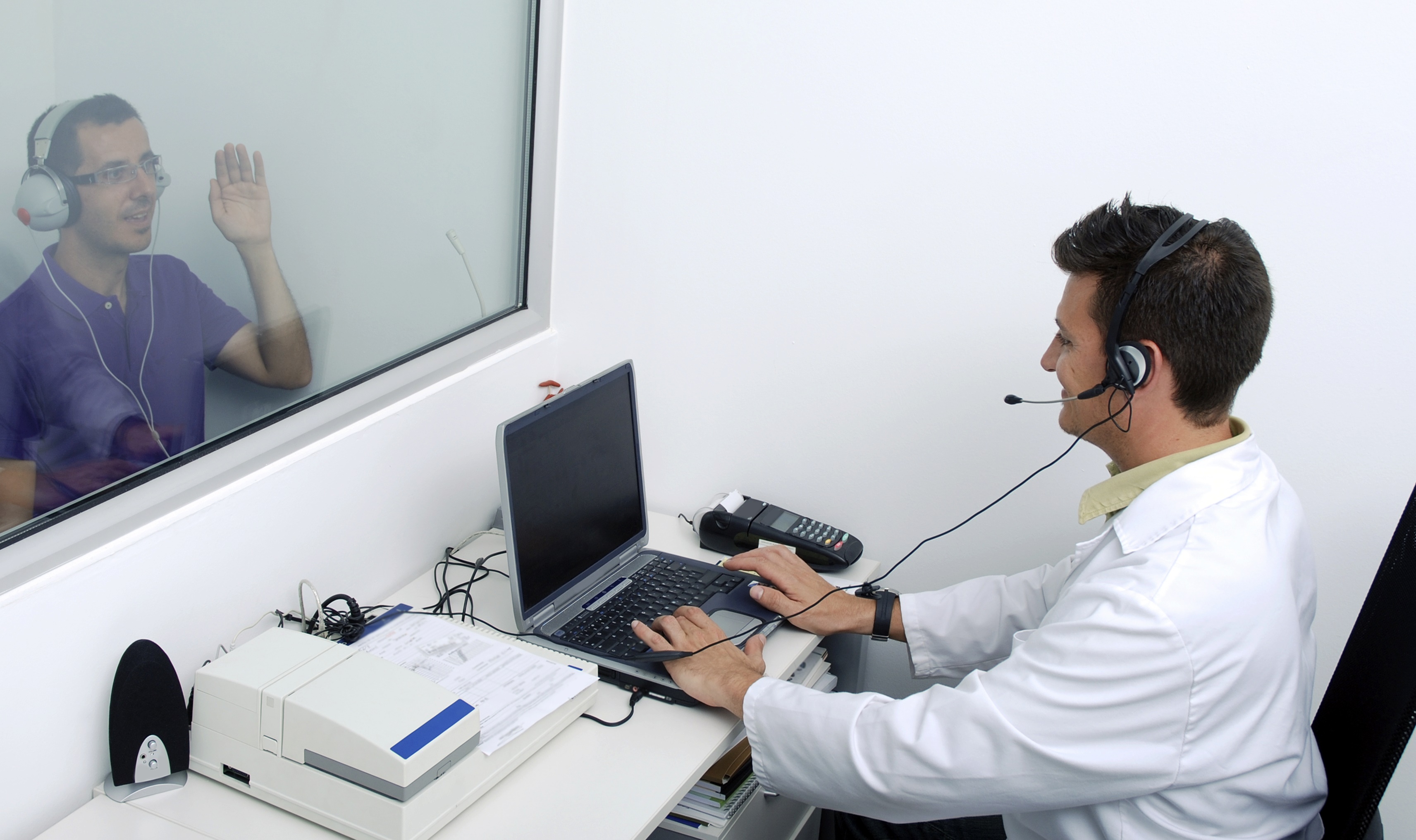
Congratulations on taking the preliminary step toward healthier hearing by booking your hearing test. You’re already ahead of the game, as many people delay getting a hearing test for several years—in some instances decades.
But now that you’ve arranged your hearing test, you’ll want to be certain that you’re prepared for the consultation, especially if test results show that you could benefit from hearing aids. Choosing hearing aids can be challenging, but if you ask the right questions, your hearing care professional can help point you to the ideal technology.
To attain the best hearing possible, make sure to ask these five questions at your upcoming hearing test.
1. What type of hearing loss do I have?
Your hearing care professional will test your hearing using the latest technology, and the results of the test will be printed on a chart called an audiogram. See to it that your hearing professional reviews the audiogram with you and clarifies:
- The form and degree of your hearing loss. High-frequency hearing loss is most common, and is further classified as mild, moderate, severe, or profound.
- How hearing aids will help, and if and why you’d need hearing aids for one or both ears. Hearing loss in both ears is ideally addressed with two hearing aids, and the audiogram will display the results for both ears.
2. Which hearing aid is most suitable for my needs?
Each patient’s hearing loss and hearing requirements are unique. The more your hearing professional understands about your way of living, the better they can recommend the suitable technology.
If you’re fairly active, for instance, you might look into the latest hearing aid technology with wireless capabilities. If you don’t want all of the special features, on the other hand, a more inexpensive option is likely a better fit.
3. What are my options for financing?
Next is everyone’s least favorite topic—price. Although you should take into account that the benefits of hearing aids far surpass the cost (the monthly cost in most cases being less than the cable TV bill), the price can still seem to be high.
A number of financing opportunities are available that can help cover the expense, although not all options are available to every patient. Still, you should consult with your hearing professional regarding some of these resources:
- private insurance (uncommon but worth inquiring about)
- Medicare and Medicaid
- VA benefits
- charitable organizations
- state programs
- financing options (special healthcare credit arrangements)
4. How can I most effectively adapt to my new hearing aids?
Once you’ve picked out your preferred hearing aids and have had them expertly fit, you can head home and immediately hear perfectly without any complications, right?
Not exactly. As with anything brand new, you’ll need some time to adjust. You’ll be listening to sounds you haven’t noticed in a while, your voice may sound different, and the fit may feel strange. This is perfectly normal and expected, and will resolve itself in a short amount of time. You just have to be patient.
See to it that your hearing professional provides advice on how to best adapt to your hearing aids, including how to control them and how to master the features.
5. How do I maintain my hearing aids?
Hearing aids are high-tech and dependable devices that should operate reliably for years. Even so, they do require habitual cleaning and care. Ask your hearing professional about cleaning kits and procedures, storage solutions, accessories, and battery management.
Additionally, it’s a wise decision to have your hearing specialist professionally clean your hearing aids a couple of times a year.
As you start preparing for your hearing test, keep in mind that achieving the best outcome requires:
- understanding your hearing loss
- matching your hearing loss and lifestyle to the right technology
- selecting an affordable solution based on your budget
- fitting and programming your new hearing aids
- adjusting to and taking care of your hearing aids
With the assistance of your local hearing care professional—and by asking the right questions—you can assure the best outcome and a life of better hearing.
